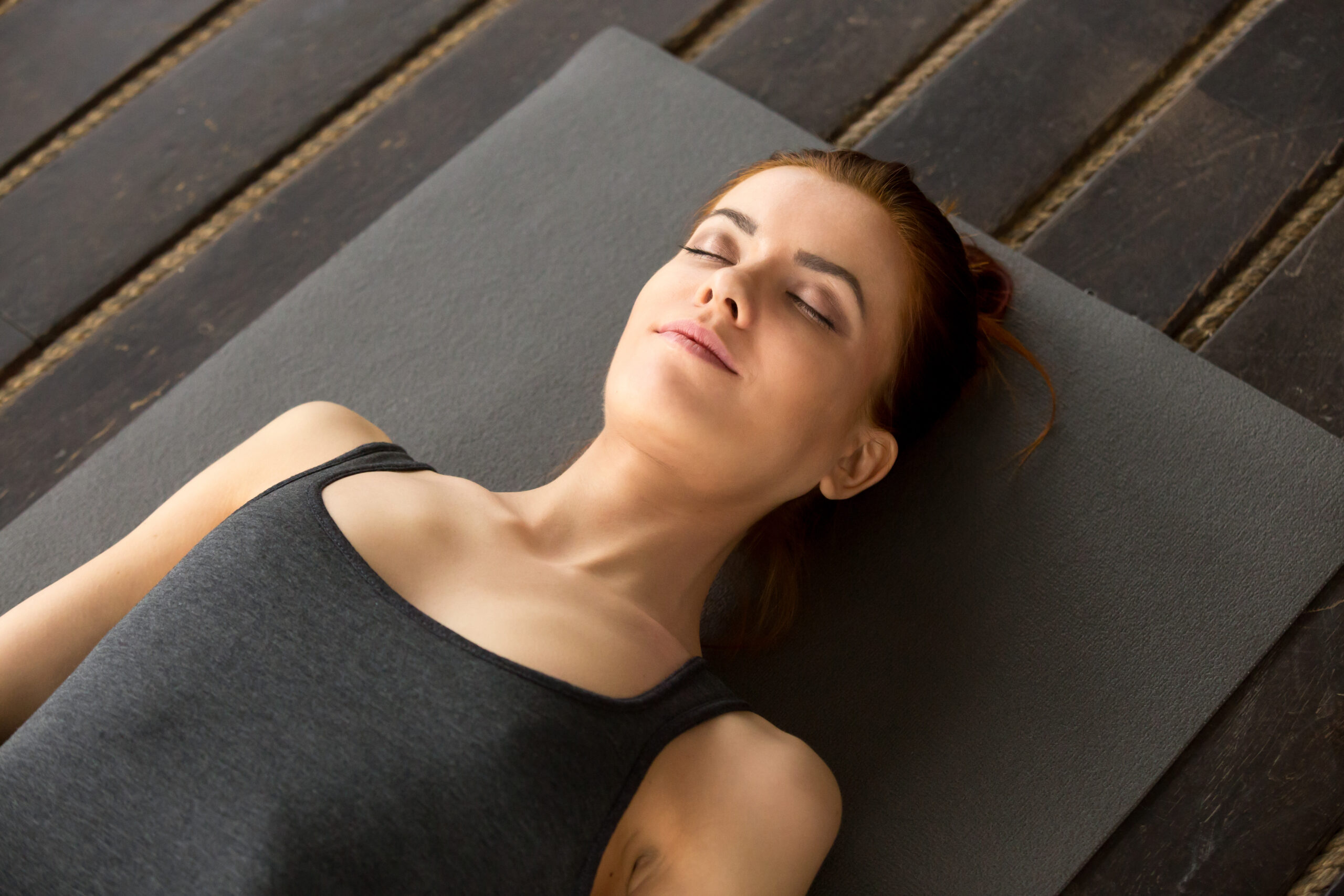In our stress-filled lives, sleep, one of the most fundamental aspects of health and well-being, can be elusive. Amidst the quest for remedies and solutions, yoga emerges as a gentle yet powerful practice that can significantly improve the quality of sleep. Far from being just a physical exercise, yoga encompasses a holistic approach to well-being, addressing the physical, mental, and spiritual factors that contribute to restful sleep. This article explores the multifaceted ways in which yoga can enhance sleep, offering insights into how incorporating this ancient practice into our daily routine can lead us to a more peaceful and restorative night’s rest.
At the heart of yoga’s efficacy in promoting better sleep is its ability to reduce stress and induce a state of relaxation. Practices such as gentle asanas, mindful breathing, and meditation are known to activate the parasympathetic nervous system, often referred to as the “rest and digest” system. This activation counteracts the stress response, calming the mind and relaxing the body. Asanas that involve gentle stretching can relieve physical tension, while pranayama (breathing exercises) can help quiet the mind and soothe the nervous system, preparing the body for a restful night.
In addition to physical relaxation, yoga fosters mindfulness and self-awareness, which can be particularly beneficial for those whose sleep is disturbed by racing thoughts or anxiety. The practice of focusing on the breath or engaging in a meditative flow of movements can create a sense of mental clarity and tranquility, allowing worries and the mental chatter to subside. Yoga nidra, a form of guided relaxation, can be particularly effective in this regard, leading practitioners into a state of conscious awareness between wakefulness and sleep, which can improve the quality of rest.
Moreover, yoga can help regulate the body’s internal clock, or circadian rhythm, which plays a crucial role in sleep patterns. Engaging in regular yoga practice, especially when combined with exposure to natural light during the day, can help reinforce the natural sleep-wake cycle. Certain yoga poses are known to stimulate the pineal gland, which releases melatonin, a hormone that regulates sleep.
Furthermore, yoga’s holistic approach to health means that it can indirectly contribute to better sleep by promoting overall well-being. Practices that include dietary recommendations, lifestyle changes, and self-discipline can lead to a more balanced life, which in turn can improve sleep. The emphasis on mindful living encourages a deeper connection with the body’s natural needs, including the need for rest.
Yoga offers a rich array of tools for enhancing sleep quality. Through physical postures, breathing techniques, meditation, and a mindful approach to living, yoga provides a holistic solution to the common problem of sleeplessness. By integrating yoga into our daily routine, we can embrace a state of relaxation, balance, and tranquility, paving the way for restful nights and rejuvenated days. As we unfold our mats and engage in practice, we are not just preparing our bodies for better sleep; we are nurturing a more harmonious and peaceful life.

